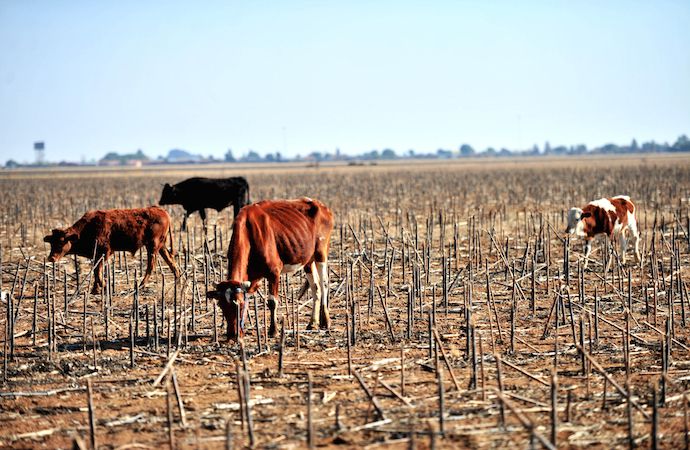
While Africa boasts a wealth of resources and potential, the persistent challenges it faces have led to a worsening hunger crisis.
The continent is getting a raw deal from climate change, with unpredictable weather patterns, droughts, and extreme conditions messing with the continent’s food production.
Also, pervasive political instability and conflict disrupt agricultural activities and displace communities, further deepening the crisis. Similarly, economic inequality leaves the most vulnerable without access to essential food resources.
On top of all that, Africa’s population is on the brink of doubling by 2050, placing additional pressure on food production and distribution systems already strained by existing demand.
According to the 2023 Global Hunger Index, a tool for comprehensively measuring and tracking hunger globally, while some countries have made significant headway in reducing hunger little progress has been made on a global scale since 2015: hunger remains serious or alarming in 43 countries.
Per the report, the problem largely reflects the combined effects of several crises. These include the COVID-19 pandemic, the Russia-Ukraine war, economic stagnation, the impacts of climate change, and the intractable conflicts facing many countries of the world.
For the 2023 GHI report, data were assessed for 136 countries. Out of these, there was sufficient data to calculate 2023 GHI scores for and rank 125 countries
Here are the 10 African countries with the worst hunger index:
| Rank | Country | Global Rank | 2023 score |
|---|---|---|---|
|
1 |
South Sudan |
128 |
35-49.9* |
|
2 |
Burundi |
127 |
35-49.9* |
|
3 |
Somalia |
126 |
35-49.9* |
|
4 |
Central African Republic |
125 |
42.3 |
|
5 |
Madagascar |
124 |
41.0 |
|
6 |
Dem. Rep. of the Congo |
122 |
35.7 |
|
7 |
Lesotho |
121 |
35.5 |
|
8 |
Niger |
120 |
35.1 |
|
9 |
Chad |
119 |
34.6 |
|
10 |
Guinea-Bissau |
118 |
33.0 |









